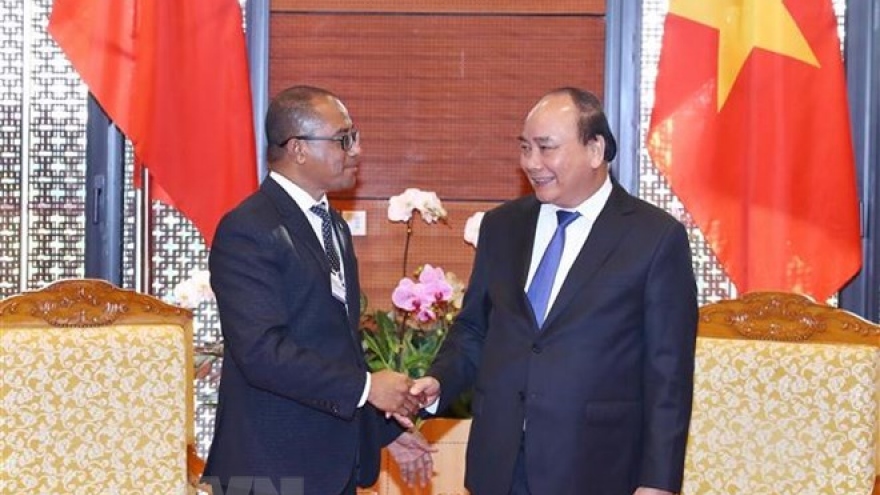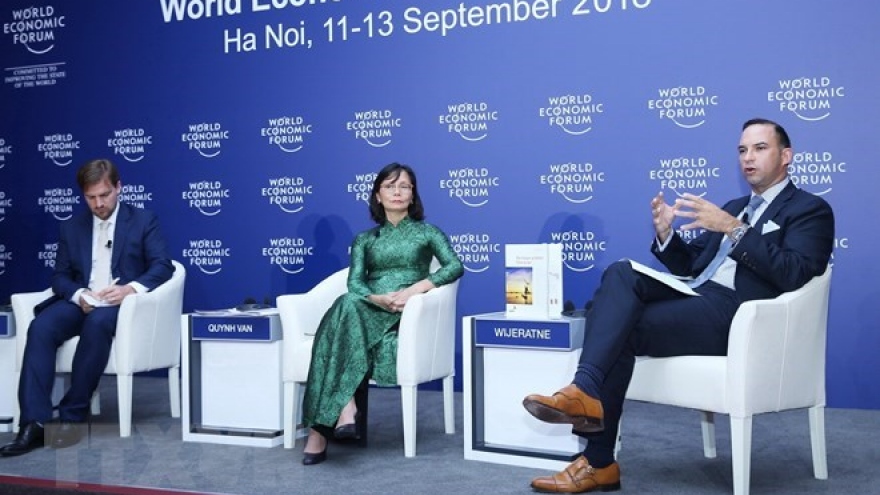Oxfam: Potential of businesses to foster growth and equality
Business has a prime role to play in building an ASEAN that works for all Asians, says the Oxfam Report “The Future of Business: Shaping inclusive growth in Southeast Asia,” published as the World Economic Forum (WEF) on ASEAN meeting is held in Hanoi on September 11-13.
 |
| Lan Mercado, Asia regional director of Oxfam International |
The demand is high among companies who develop market-based solutions to social and environmental challenges. 64 per cent of Southeast Asians say they will pay more to companies who care, a higher percentage than most of the developed world. Social impact investment is growing with $3.6 billion spent in Southeast Asia, and investors and governments are increasingly incentivising and demanding ethical and responsible business.
Southeast Asia has seen remarkable economic growth driven largely by private enterprise with the GDP in the ASEAN region climbing from $37.6 billion to $2.6 trillion in less than five decades.
Unfortunately, despite this economic progress, the divide between the rich and the poor has continued to grow. While the Asia-Pacific is home to more billionaires than anywhere else, more than 70 million in Southeast and East Asia do not have enough food to eat.
In Vietnam, the country’s richest man earns more in a day than the poorest person in 10. The four richest men in Indonesia have more wealth than 100 million people, and in Thailand, 56 per cent of national wealth is owned by the richest 1 per cent.
Given that both growth and inequality seem to be a result of businesses, they have the strongest potential to change the dynamics of how prosperity is shared, by being more inclusive and responsible.
However, at present, inclusive business is the exception rather than the norm, and this needs to change. They are often the result of partnerships between unlikely allies—entrepreneurs, communities, and civil society organisations like Oxfam—and such novel coalitions are crucial to building inclusive businesses.
Marking the launch of the report, Lan Mercado, Asia regional director of Oxfam International, said, “Today, all businesses have a fundamental and unshakable duty to respect the rights of their workers and communities and to pay a decent living income.
On top of that, there is an opportunity for businesses to stand out by embracing practices that make them more people and environmentally friendly. The real rewards can only be reaped by working in ways where business and society can benefit together by integrating social and environmental factors at the core of business operations.”


